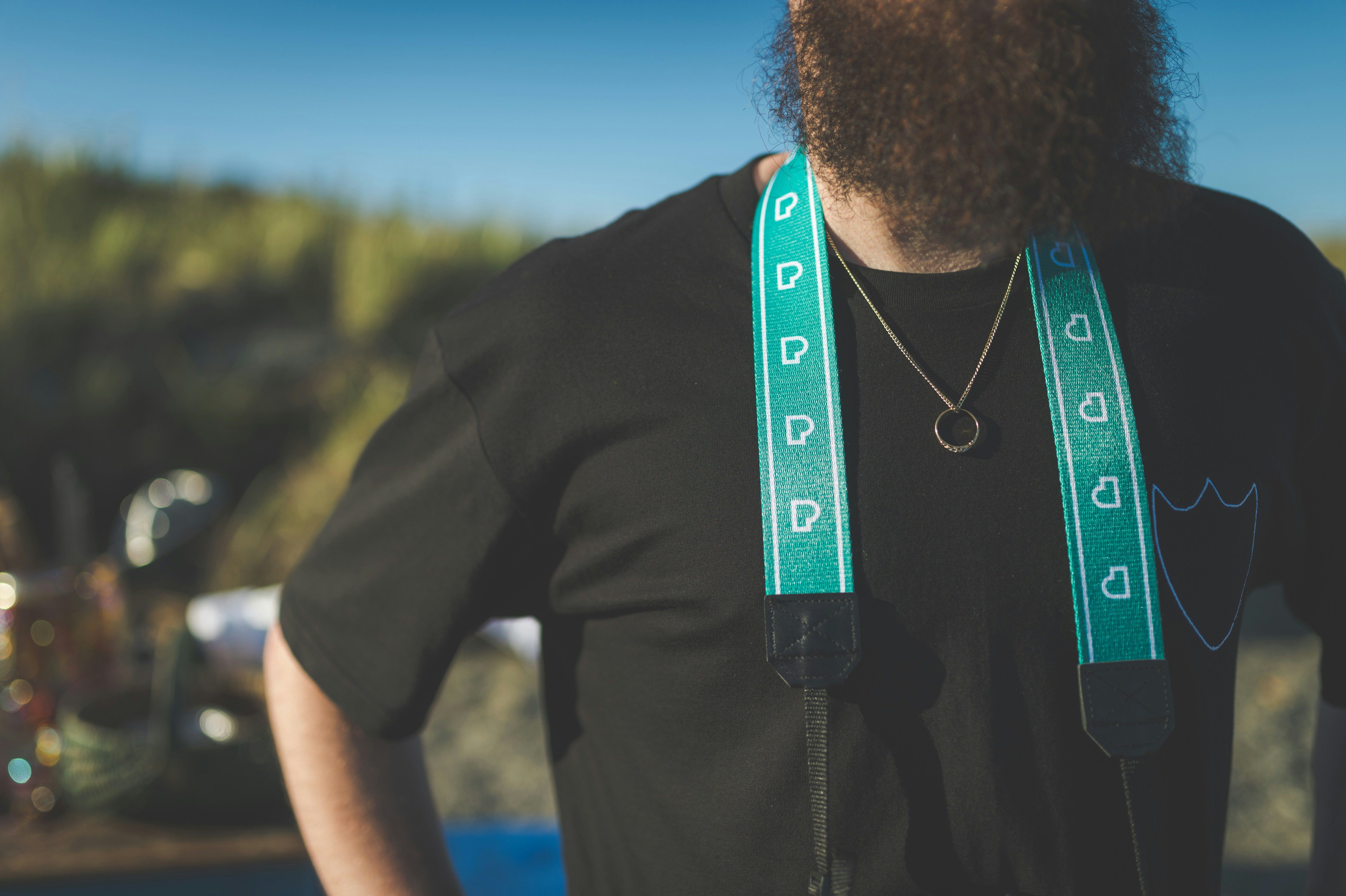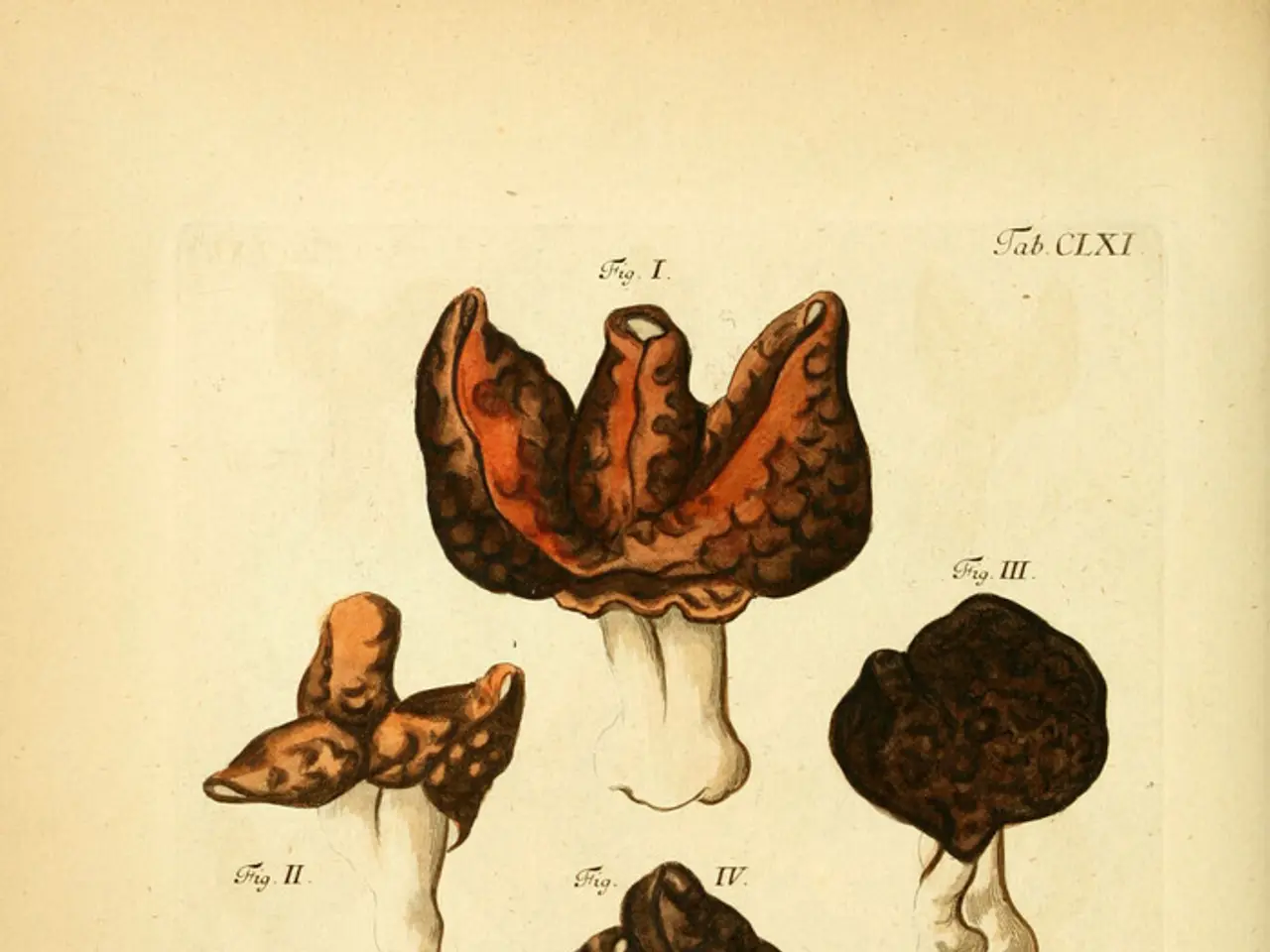Maintaining Brain Health: Adopting a Mediterranean diet and Leading an Active Lifestyle Could Offer Protection
Quenching the Cognitive Decline Dragon:Unleashing the Power of the MedWalk Revolution
A groundbreaking, ongoing investigation is shedding light on the combined impact of the MedWalk lifestyle routine - a combination of a Mediterranean diet and regular walks - on memory loss and dementia, including Alzheimer's dementia. "MedWalk" is a snazzy abbreviation for the dynamic duo of a Mediterranean diet and a brisk stroll.
Brain Health Boosters in the SpotlightPreviously, research has shown that both a Mediterranean diet and a regular walking regimen have links to improved brain function. This game-changing study aims to validate the benefits of the bigger picture, the all-encompassing MedWalk intervention.
The study, a collaboration between Australian, New Zealand, and UK scientists, is still underway, with a slight hiccup during the COVID-19 pandemic. The researchers have published details about their strategies and ongoing findings in the Journal of Alzheimer’s Disease.
Yearning for Visual Memory VictoryOriginally designed to watch cognitive changes unfold over two years, unpredictable events like the pandemic and financial constraints forced the researchers to shorten the follow-up period to one year. Despite the modifications, the scientists remain optimistic that the study's findings will pack a punch.
The researchers' primary focus is on a 12-month change in visual memory and learning for participants involved in the study. They are also eager to explore the intervention's effect on various aspects, including mood, quality of life, health costs, cardiovascular health, and arterial stiffness.
60-to-90, It's Time to ShineThe study participants are senior citizens aged between 60 and 90 living in South Australia and Victoria. They came from independent living retirement communities, with recruitment from the general community needed due to the pandemic.
Special attention has been paid to biomarkers typically associated with cognitive decline, such as blood glucose levels, inflammation, nutrient intake, and oxidative stress.
The chosen participants were divided into two groups - the experimental MedWalk intervention group and a control group maintaining their usual diet and activity levels.
Get Ready to MedWalkThe MedWalk intervention involves modifying diet alongside a supervised walk routine, armed with psychosocial behavioral change techniques. Participants receive intensive support for the first six months, with additional assistance provided on a needs basis for the next six months to ensure adherence.
The researchers clarify the concept of a Mediterranean diet, providing information about the differences between this nutritional plan and a typical Aussie diet. To kick things off on the right foot - or should I say stride - a free supply of extra-virgin olive oil is offered to participants, a key staple in the Mediterannean diet.
After an assessment of baseline fitness, participants engage in group walks for the first six months, with monthly sessions continuing for the rest of the trial year.
Mediterranean Marathon for the MindCertified nutritionist Conner Middelmann, with a passion for the Mediterranean diet, shared her insights with Medical News Today. She acknowledged studies pointing to a lower risk of dementia among those following the Mediterranean diet.
More recent studies in 2023 unveiled an association between the Mediterranean diet and a decreased rate of Alzheimer's disease, the most common type of dementia. However, Middelmann stresses the importance of considering multiple factors affecting dementia risk, including genetics, lifestyle, and overall health.
Stay Ahead of the Game: Choosing a Brain-Friendly LifestyleA Mediterranean diet may bolster brain health through a variety of means:
- It is replete with antioxidants, which can help combat inflammation and oxidative stress associated with cognitive decline and neurodegenerative diseases.
- The diet is rich in omega-3 fatty acids, particularly docosahexaenoic acid (DHA), which is vital for brain health and has been linked to enhanced cognitive function and a lower risk of cognitive decline.
- A high-fiber Mediterranean diet can keep the gut microbiome in balance.
- It spurns processed grains and sugars, reducing the risk of insulin resistance and inflammation.
- Consumption of ultra-processed foods - detrimental to brain health - is discouraged in the diet.
A key component of the Mediterranean lifestyle is sharing meals with loved ones and leading an energetic lifestyle, both of which have been associated with improved brain health.
Striding Towards a Sharper MindSimilarly, regular walking has been linked to slower cognitive decline.
Research indicates that a dose-dependent relationship exists between the number of steps taken daily and a diminished risk of dementia. The magic number - 10,000 steps a day - cut the risk of dementia by half.
A study of Americans and Australians discovered a link between walking speed and dementia, while a 2017 study published in the British Journal of Sports Medicine emphasized the positive impact of aerobic exercise, such as walking, on cognitive impairment.
Walking: the Brain's Perfect Training TerrainBrain health coach Ryan Glatt of the Pacific Neuroscience Institute offered an explanation for walking's ability to fortify cognitive health:
- Walking can boost blood flow to the brain, enhancing its efficiency based on the intensity, duration, and frequency of the exercise.
- Aerobic exercise like walking may stimulate brain activity and help manage stress, improving feelings of overall well-being.
- Walking may also offer social and nature-related benefits, both of which can bolster brain health.
As the data-gathering period for this study wraps up at the end of 2023, the intriguing findings are eagerly awaited. It's time to cross our fingers, put on our walking shoes, and MedWalk our way to a healthier brain!
Intriguing Insights* The Mediterranean diet can potentially reduce inflammation and oxidative stress in the brain, contributing to its overall health.* The consumption of a Mediterranean diet may help lower the risk of both cognitive decline and dementia.* Regular walking can bolster cardiovascular health, reduce the chance of chronic ailments, and potentially raise cognitive function.* Walking may enhance blood flow to the brain, stimulate brain activity, and minimize feelings of stress while fostering a sensation of well-being.* The MedWalk intervention is a dynamite approach to addressing both nutritional and physical activity aspects of cognitive health.
- This ongoing investigation is focused on the combined impact of the MedWalk lifestyle routine on memory loss and dementia, including Alzheimer's dementia, shedding light on health-and-wellness and mental-health benefits.
- The study's participants are senior citizens aged between 60 and 90, undergoing a Mediterranean diet and a supervised walk routine as part of the MedWalk intervention for potential mental-health improvements.
- Research has linked a Mediterranean diet to improved brain function, with recent studies showing a lower risk of dementia and Alzheimer's disease among its followers.
- A key component of the Mediterranean lifestyle is sharing meals with loved ones and leading an energetic lifestyle, both of which have been associated with improved brain health and lower dementia risk.
- Regular walking has been associated with slower cognitive decline, with studies indicating a dose-dependent relationship between the number of steps taken daily and a diminished risk of dementia.
- Walking may enhance blood flow to the brain, stimulate brain activity, and minimize feelings of stress while fostering a sensation of well-being, making it an ideal fitness-and-exercise choice for mental-health and cognitive benefits.







